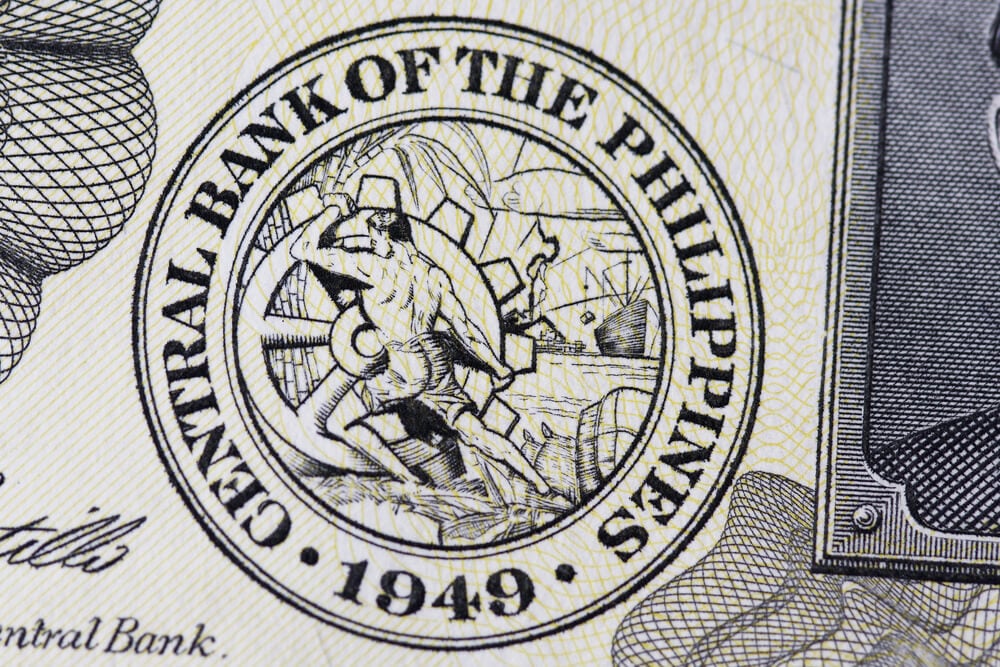Philippine Central Bank ‘Reviewing’ 12 Bitcoin Exchange Applications

The Philippine central bank is reportedly reviewing 12 applications for bitcoin exchange registrations.
After issuing regulatory guidelines for bitcoin exchanges in February this year, the Bangko Sentral ng Pilipinas (BSP), Philippines’’ central bank, is now evaluating 12 separate applicants vying to register and legally operate cryptocurrency exchanges in the country, Reuters reports.
One of the world’s largest inward remittance receivers, Philippines currently sees bitcoin as a financial instrument used for remittance services and payments rather than a currency.
Speaking at a news conference this week, BSP’s core IT chief Melchor Plabasan stated:
We do not endorse virtual currency as a currency because it is not a currency…We only regulate bitcoin or virtual currencies when it is used in delivering financial services like remittance and payments.
So far, the BSP has officially issued licenses to two bitcoin firms, Rebit Inc and Betur, both providing remittance services. It remains to be seen if the applicants receive licenses at a time when the central bank is looking to regulate the bitcoin exchange industry, which the authority claims is open to misuse.
As reported by CCN.com in October, Plabasan has previously stated that bitcoin works as a monetary instrument, despite some risks that can be managed. “IF you want something that is fast, near real-time and convenient, then there’s the benefit of using virtual currencies like bitcoin,” the central bank official said in a televised interview recently.
Much like anywhere else in the world, monthly bitcoin transactions have been growing exponentially in the Philippines. According to the central bank’s own data, monthly average transaction values in bitcoin are up from a relatively mere $2 million in 2015 to $6 million in 2017 and an average of $8.8 million in the first half of 2018.
Featured image from Shutterstock.